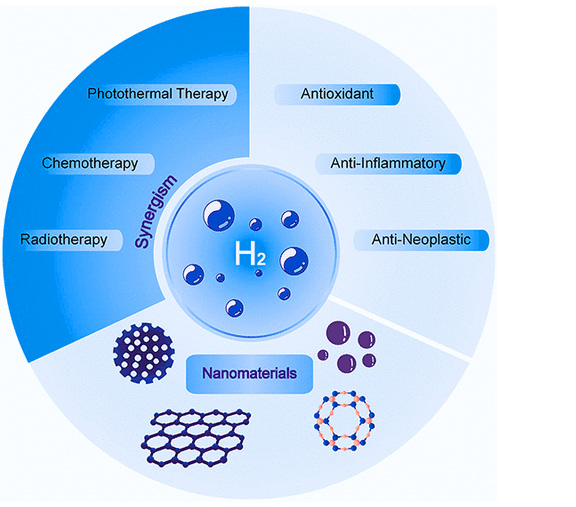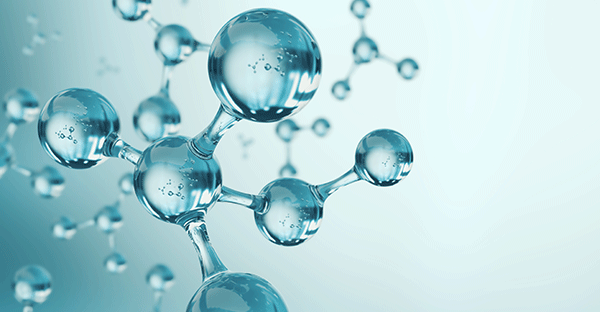Molecular Hydrogen Therapy
 Breathing in molecular hydrogen has been shown to have numerous health benefits. Molecular hydrogen, also known as H2, is a powerful antioxidant that can neutralize harmful free radicals in the body. This can help to protect against chronic diseases, such as heart disease and cancer.
Breathing in molecular hydrogen has been shown to have numerous health benefits. Molecular hydrogen, also known as H2, is a powerful antioxidant that can neutralize harmful free radicals in the body. This can help to protect against chronic diseases, such as heart disease and cancer.
In addition to its antioxidant properties, molecular hydrogen has also been shown to have anti-inflammatory effects. This can help to reduce inflammation in the body, which is a contributing factor to many chronic diseases.
Breathing in molecular hydrogen can also improve athletic performance by increasing the production of mitochondria, the cells' energy-producing factories. This can help to boost energy levels and improve endurance.
Overall, breathing in molecular hydrogen has numerous potential health benefits, including reducing inflammation, protecting against chronic disease, and improving athletic performance.
Hydrogen Can Benefit Our Body In Two Possible Ways
Cancer Rehabilitation
Hydrogen can also be used in cancer rehabilitation, to prevent normal cells from the negative side effects of chemotherapy and radiation therapy. It works by reacting with a toxic chemical called reactive oxygen species (ROS), which is produced in high quantities during chemotherapy and radiation therapy and damages normal cells. By neutralizing these toxic compounds, hydrogen can prevent normal cells from negative effects. It has also been shown to reduce common side effects such as weight loss, liver and kidney damage, and inflammatory disorders.
Cancer Treatment:
Additionally, hydrogen has been shown to target tumor cells directly and inhibit their growth and spread. It can inhibit several proteins and genes responsible for tumor growth and shrink tumors in multiple ways. Hydrogen therapy is approved by the Japan Ministry of Health, Labor, and Welfare for treating cancer and China is also conducting clinical trials for its benefits. Additionally, hydrogen therapy is being investigated for treating viral diseases, including COVID-19, and inflammatory diseases. The FDA has also started a clinical trial of hydrogen therapy for COVID-19.


 Breathing in molecular hydrogen has been shown to have numerous health benefits. Molecular hydrogen, also known as H2, is a powerful antioxidant that can neutralize harmful free radicals in the body. This can help to protect against chronic diseases, such as heart disease and cancer.
Breathing in molecular hydrogen has been shown to have numerous health benefits. Molecular hydrogen, also known as H2, is a powerful antioxidant that can neutralize harmful free radicals in the body. This can help to protect against chronic diseases, such as heart disease and cancer.
